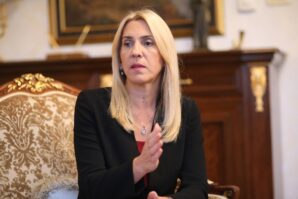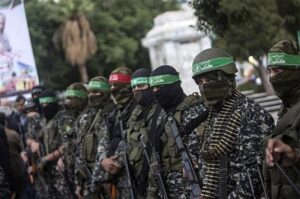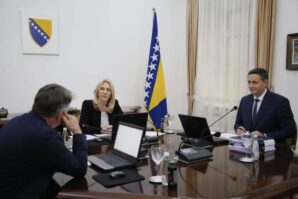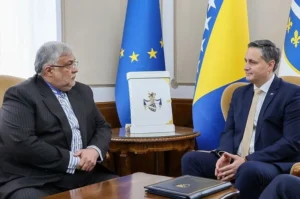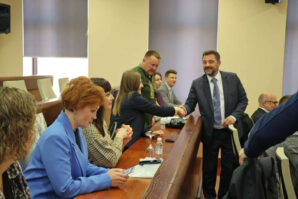 BELGRADE, September 19. /TASS/. The upcoming visit of Russian Foreign Minister Sergey Lavrov to Banja Luka is very important to Republika Srpska (part of Bosnia and Herzegovina), Republika Srpska’s President Milorad Dodik told the SRNA news agency on Wednesday.
BELGRADE, September 19. /TASS/. The upcoming visit of Russian Foreign Minister Sergey Lavrov to Banja Luka is very important to Republika Srpska (part of Bosnia and Herzegovina), Republika Srpska’s President Milorad Dodik told the SRNA news agency on Wednesday.
“The upcoming visit of Russian Foreign Minister Sergey Lavrov is of great importance to Republika Srpska, because he is a good friend of the Serbian people. We will inform Lavrov about the current situation in Republika Srpska and will talk about the ways Russia can invest in some projects. This is what we want, and if the British don’t like it, what can we do, it’s their business,” Dodik stated.
The president thanked Lavrov for his decision to visit the republic despite objections from Sarajevo. According to him, Lavrov knows about the situation in Bosnia and Herzegovina and the Dayton Agreement since his tenure as Russia’s Permanent Representative to the UN. “Russia has a very principled position, despite all problems and challenges imposed upon by the West, <…> and we value the objectivity and balanced approach of Russia to the situation in Bosnia and Herzegovina. All these years they have maintained their position – the Dayton Agreement must be followed, and any changes must be agreed upon within Bosnia and Herzegovina,” Dodik said.
Earlier, the Russian Foreign Ministry informed that Sergey Lavrov would discuss his upcoming visit to Bosnia and Herzegovina, set to take place on September 21, with the country’s Foreign Minister Igor Crnadak.
The General Framework Agreement for Peace in Bosnia and Herzegovina, also known as the Dayton Agreement, was reached at the Wright-Patterson Air Force Base near Dayton, Ohio, United States, in November 1995, and signed in Paris, France, on 14 December 1995. The document put an end to a conflict between the Muslim, Croatian and Serbian communities. The United States, Russia, the United Kingdom, Germany and France are the guarantors of the agreement.
Under the Dayton Agreement, Bosnia and Herzegovina, while remaining a single state, was divided into two entities – the Muslim-Croatian Federation of Bosnia-Herzegovina and the Serb-populated Republika Srpska.
The document also established the position of the High Representative for Bosnia and Herzegovina charged with the task of civil implementation. The Chair of the country’s presidency rotates among the Bosniaks, Serbs and Croats. The central authorities are responsible for foreign, monetary and immigration policy, while other competencies are managed by the country’s entities.
(Source: TASS)




